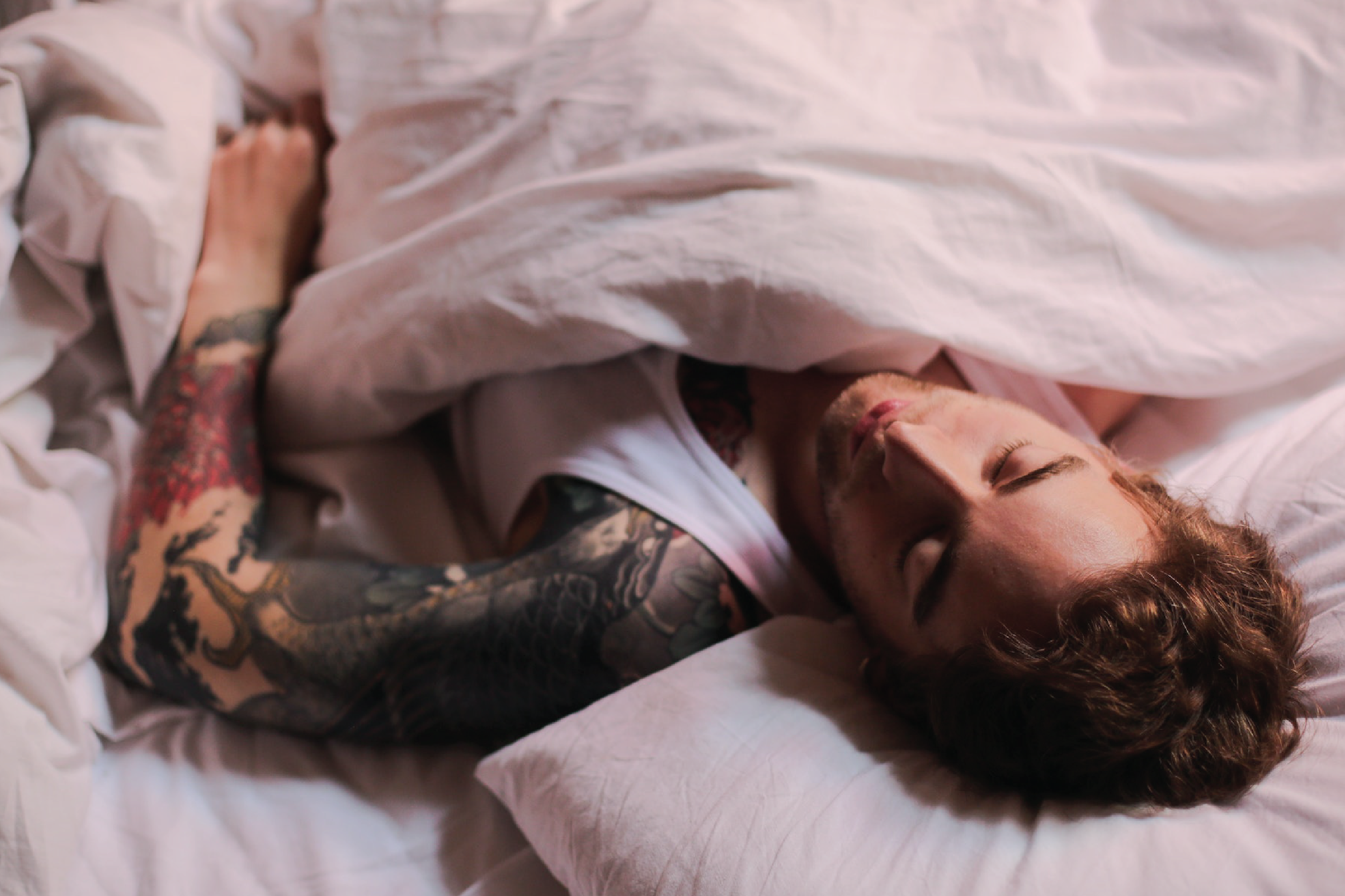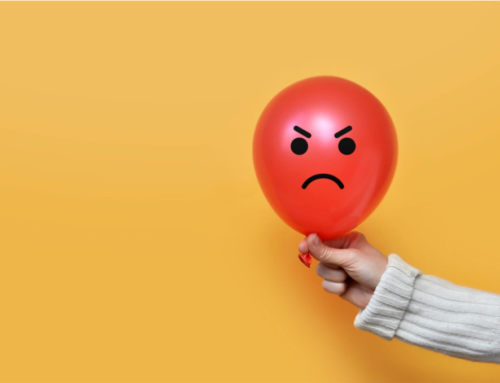Photo by cottonbro studio from Pexels
The shift to daylight saving time on the second Sunday of March is when the clocks move forward by one hour at 2 a.m. With this change, the sun will rise later in the morning, and the light will last longer into the evening.
While we welcome the opportunity to spend more time outdoors with the extra hour of daylight in the evenings, “Spring Forward” also means that we lose an hour’s sleep, leaving many of us feeling sluggish and tired.
“It is harder for most people to spring forward than to fall back,” says Sarah M. Richey, MD, service line medical director of Sleep Medicine at Kaiser Permanente in Colorado. “Essentially, we must start our day an hour earlier, and this temporary loss of sleep can cause tiredness and even worsen performance on tasks. Springing forward may also have health consequences, as studies have shown that during the week after the start of daylight saving time there is an increase in heart attacks, strokes, and serious car accidents.”
Thankfully, Traditional Chinese Medicine (TCM) offers several approaches to improve sleep, even during the spring forward daylight saving time change. Here are some tips to prepare:
1. Acupuncture.
Acupuncture helps regulate the body’s natural sleep-wake cycle and promote relaxation. It can also help relieve stress and anxiety, which can interfere with sleep.
2. Herbal remedies.
Certain herbs such as chamomile, valerian root, and passionflower have been traditionally used to promote relaxation and sleep. You can try drinking herbal tea or taking supplements containing these herbs.
3. Dietary adjustments.
In TCM, certain foods are believed to have properties that can improve sleep. For example, warm milk, honey, and nuts are all believed to have a calming effect on the body and may promote relaxation.
4. Qigong.
Qigong is a mind-body practice that combines gentle movements, breathing exercises, and meditation. It can help reduce stress, improve circulation, and promote relaxation, which can all contribute to better sleep.
It’s important to note that everyone is different, and what works for one person may not work for another. If you’re struggling with sleep issues, talk to your acupuncturist about developing an individualized treatment plan.
Sources:





